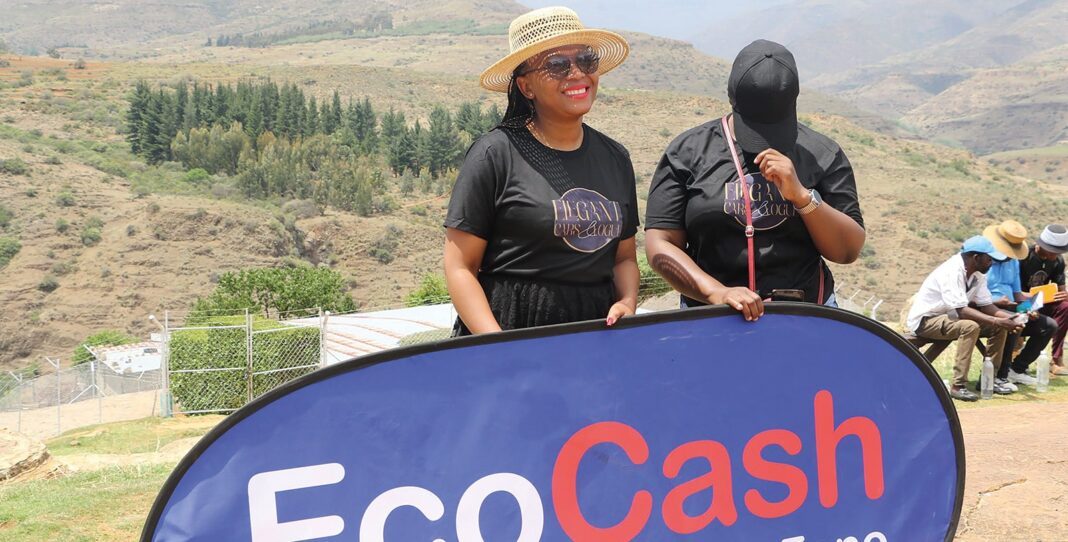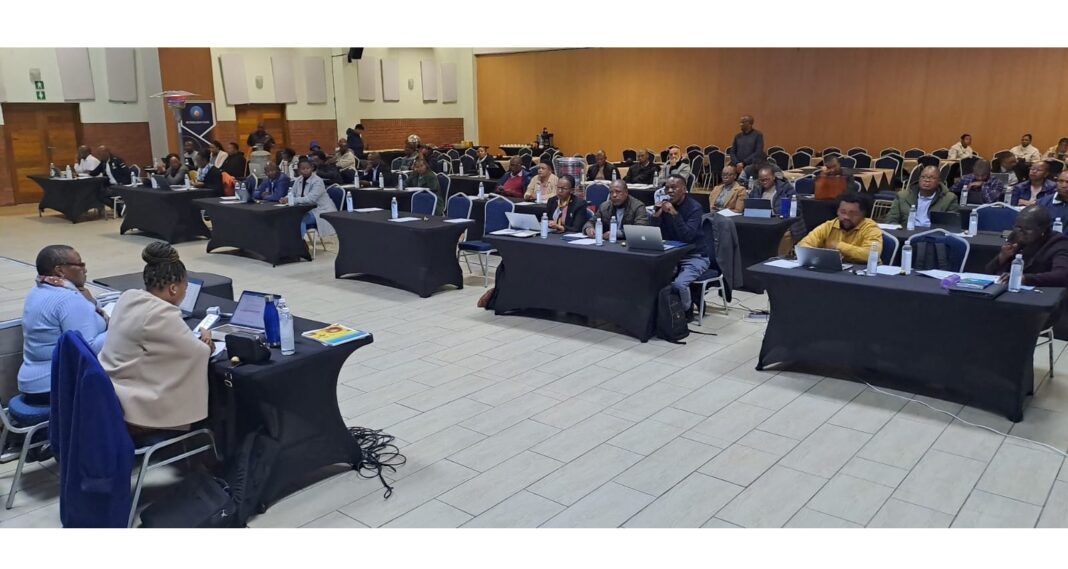By Matṧeliso Phulane
Maloti Mountain Brewery (MMB) says it was shocked by the severity of smuggling of alcohol products from South Africa following a 15 percent tax increase earlier this year.
MMB legal corporate affairs manager, Lisebo ‘Mapulumo Mosisili told theReporter in an interview this week that although they had expected that a hike in the price of alcohol products would lead to smuggling, the magnitude was way beyond their expectations.
Although the government later reduced the tax increase to 7.5 percent on October 1 2o23, the move had led to a sharp decline in business for the company, she noted.
The Tobacco and Alcoholic Levy Act 2023 was meant to influence acceptable or normal consumption of tobacco and alcoholic products.
It was also expected to increase revenue gain in order to provide for the government’s developmental programmes.
“We knew smuggling was going to happen, but we were surprised by its severity; it was actually much higher than we anticipated,” Mosisili said.
She said that new alcoholic products also found their way into the Lesotho market, thereby affecting the MMB’s business.
As a result of the smuggling which occurred following the tax increase, the company was now unlikely to meet its projected revenue targets in the 2023/24 financial year.
As a result of the tax adjustments, MMB would also not be able to meet it tax obligations to the government during the same period, Mosisili said.
The company pays various taxes to the national fiscus such as Value Added Tax and Pay As You Earn, as well as dividends.
It paid more than M1 billion in taxes to the government over the past five years, she pointed out.
She said consumers were now enjoying their favourite drinks as MMB had reduced prices on its products following the tax reduction to 7.5 percent last month.
This had also helped to curb the smuggling through price stabilisation.
“It does not make much sense to bring alcoholic products from South Africa when prices are almost the same as here.”
Mosisili explained that MMB was aware that some retailers had not reduced their prices citing that they were still selling old stock which they bought at higher prices when the government increased tax by 15 percent in April this year.
The government eventually reduced the tax following presentations by stalkers including the Lesotho Liquor and Restaurant Association (LLROA) and MMB.
They argued that the 15 percent hike was too steep and would hurt the liquor industry.
Mosisili said MMB had implemented an informal redistribution scheme which sought to reward retailers who push volumes and meet targets set by the company.
“This is meant to encourage local customers to buy local, rather that importing. Those who meet targets get their money back,” she explained.
She added that MMB was aware that consumers were complaining that some alcohol products were still costing the same despite the tax reduction.
“We reduced our prices so maybe they are referring to other products which are not necessarily from MMB,” she explained.
The Lesotho Liquor and Restaurant Association (LLROA) had decried the enforcement of the Tobacco and Alcohol Product Levy Act 2023 on March 1 2023, which has seen a rise in the prices of these products.
LLROA president Motseki Nkeane had stated that it was particularly disappointing that the implementation of the new law was not communicated to stakeholders timeously, and without adequate stakeholder education.
He lamented that the alcohol levy was coming at a time when small traders were still recovering from alcohol bans during the Covid-19 pandemic.
This was compounded by rising costs of living and would put the sustainability of businesses under threat, Nkeane had warned.








